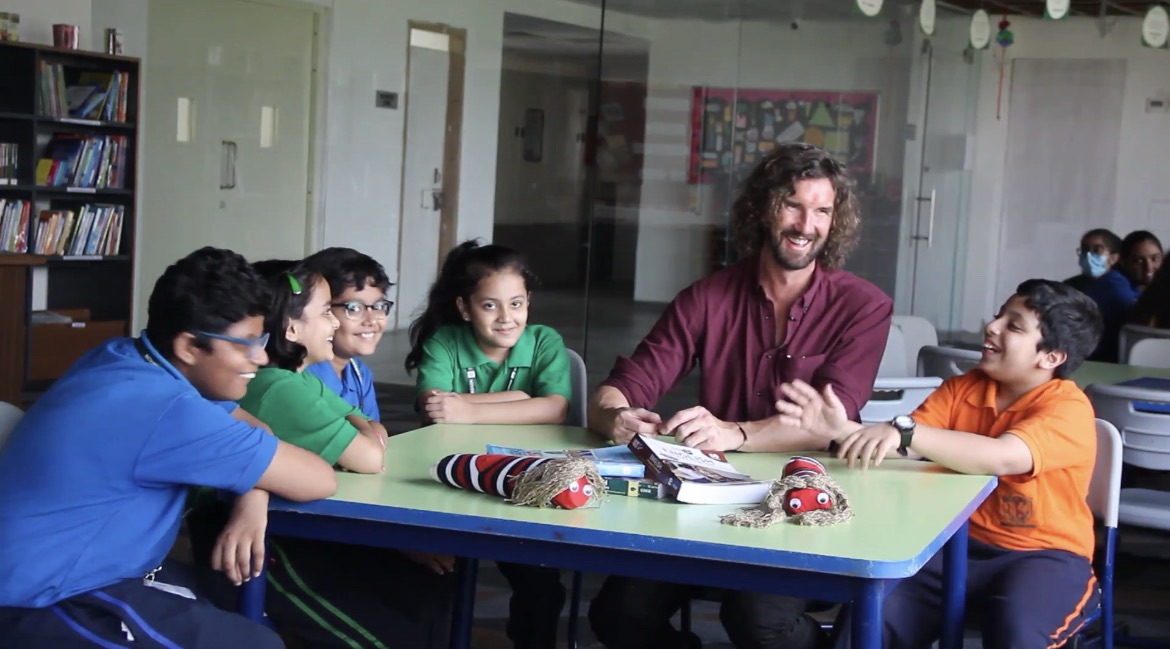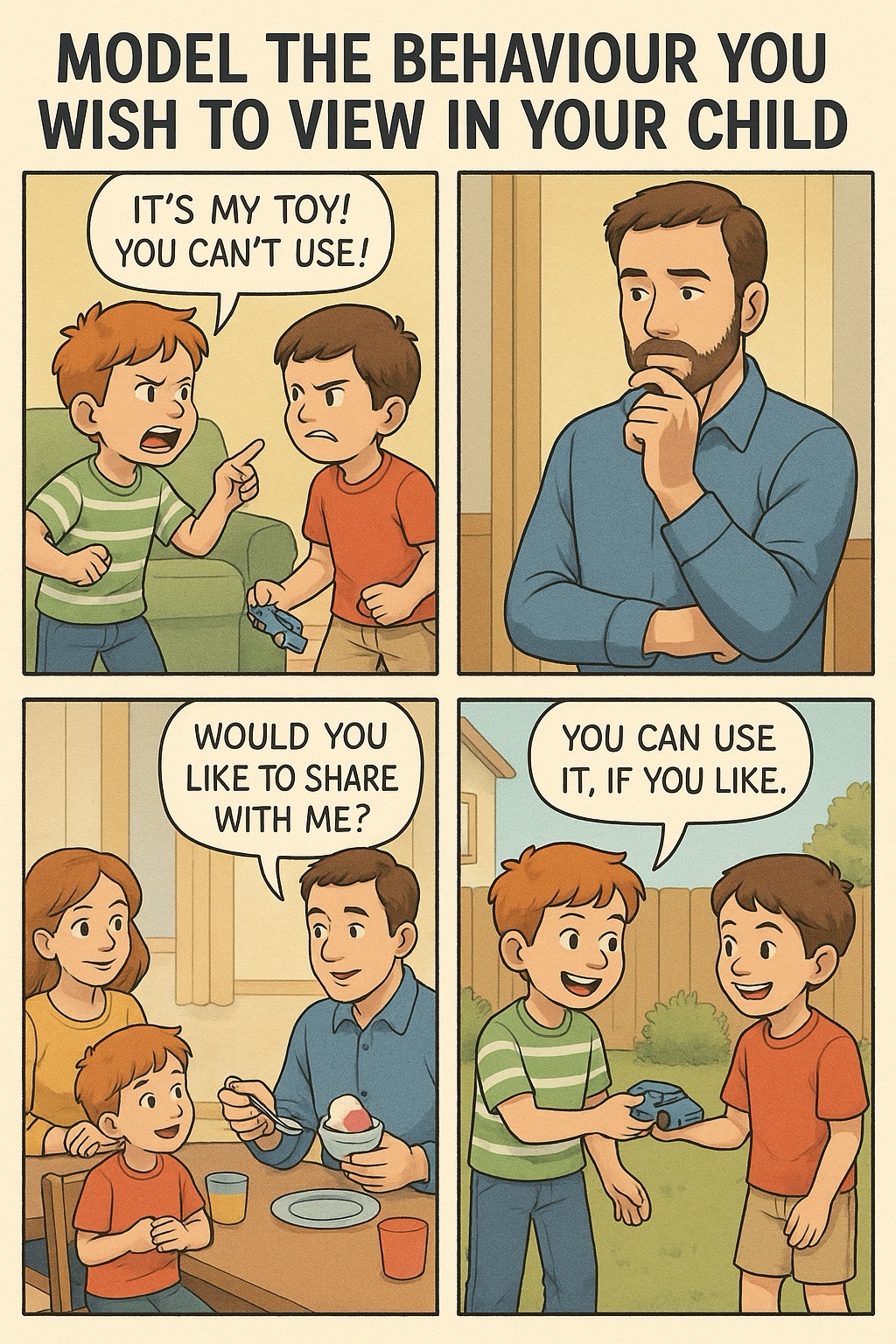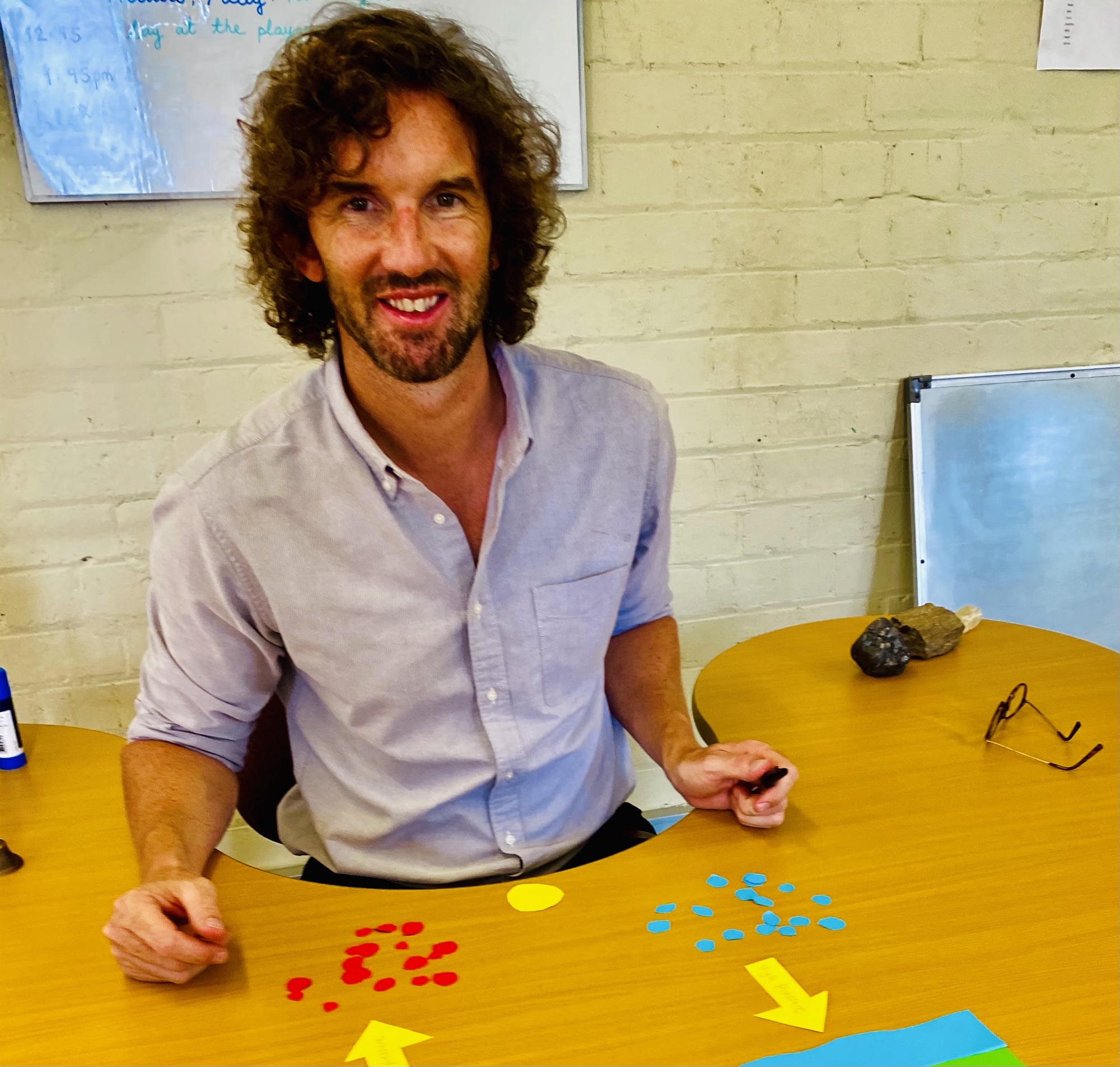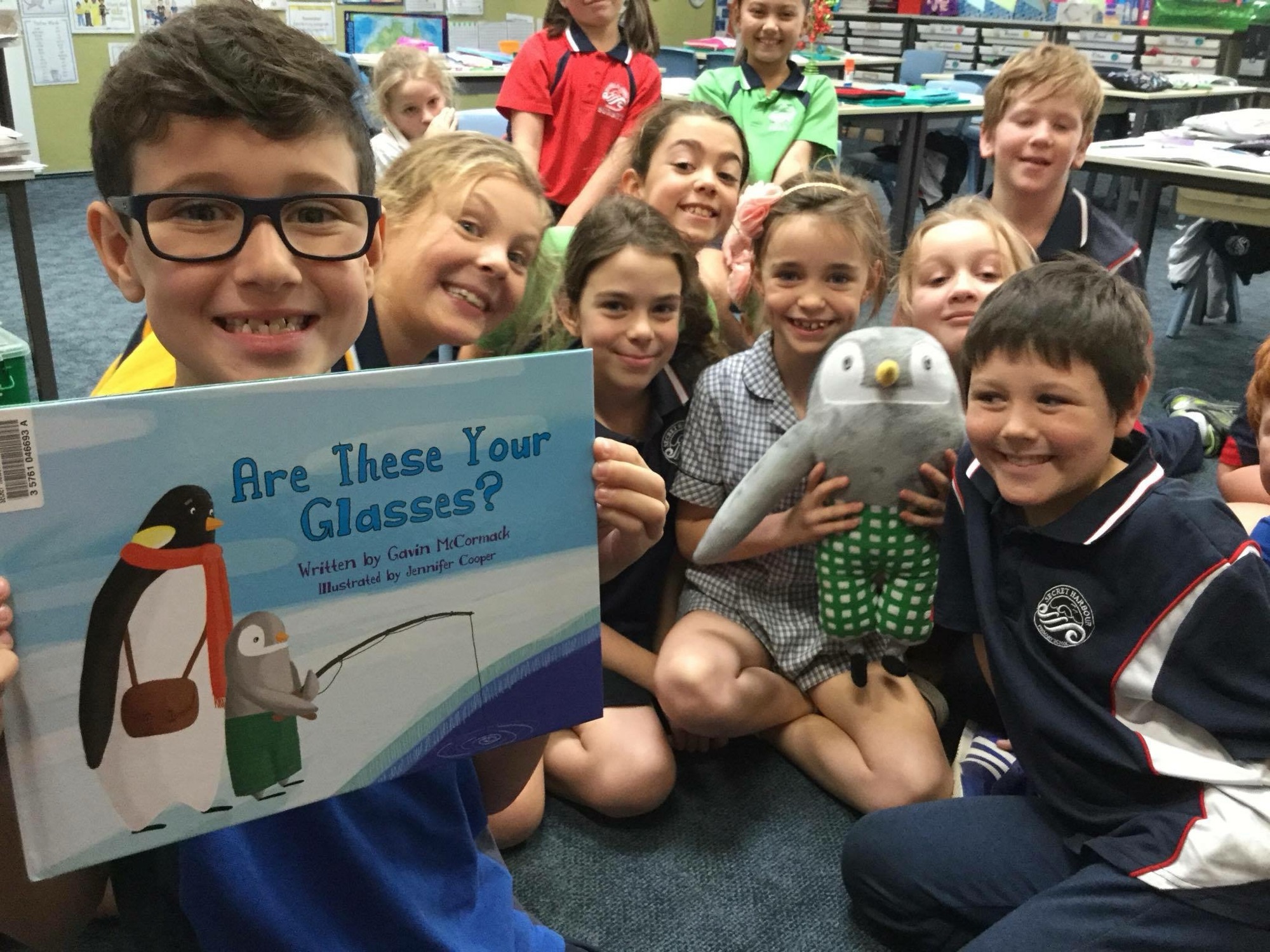When children hear the word comprehension they immediately think of a long boring worksheet, testing them on their understanding of a piece of writing.
But it doesn’t have to be this way! Comprehension simply means ‘understanding.’ there are many ways you can teach it and assess it.
Firstly it’s important to stress to your students that knowing the words in a book is one thing, but if you really want to enjoy the story, you must understand what your reading.
The three different types of comprehension you need to explicitly teach your class are.
1. Literal comprehension – these questing refer to actual words in the text. You can put your finger on the answer. “What colour was Mr Johnson’s jumper?”
Text – my Johnson was wearing a blue jumper.
2. Inferential comprehension – these questions cannot be found directly, but clues are hidden that will reveal the answer. “Was Mr Johnson happy?”
Text – Mr Johnson frowned and folded his arms.” It doesn’t say he’s happy or sad but his body language infers it.
3. Applied comprehension – these questions request your opinion on a matter with reasoning. “What would you do if you were feeling unhappy?”
Answer – if I was feeling unhappy I would go for a run because exercise makes you happy.
Enjoy friends! ❤️









